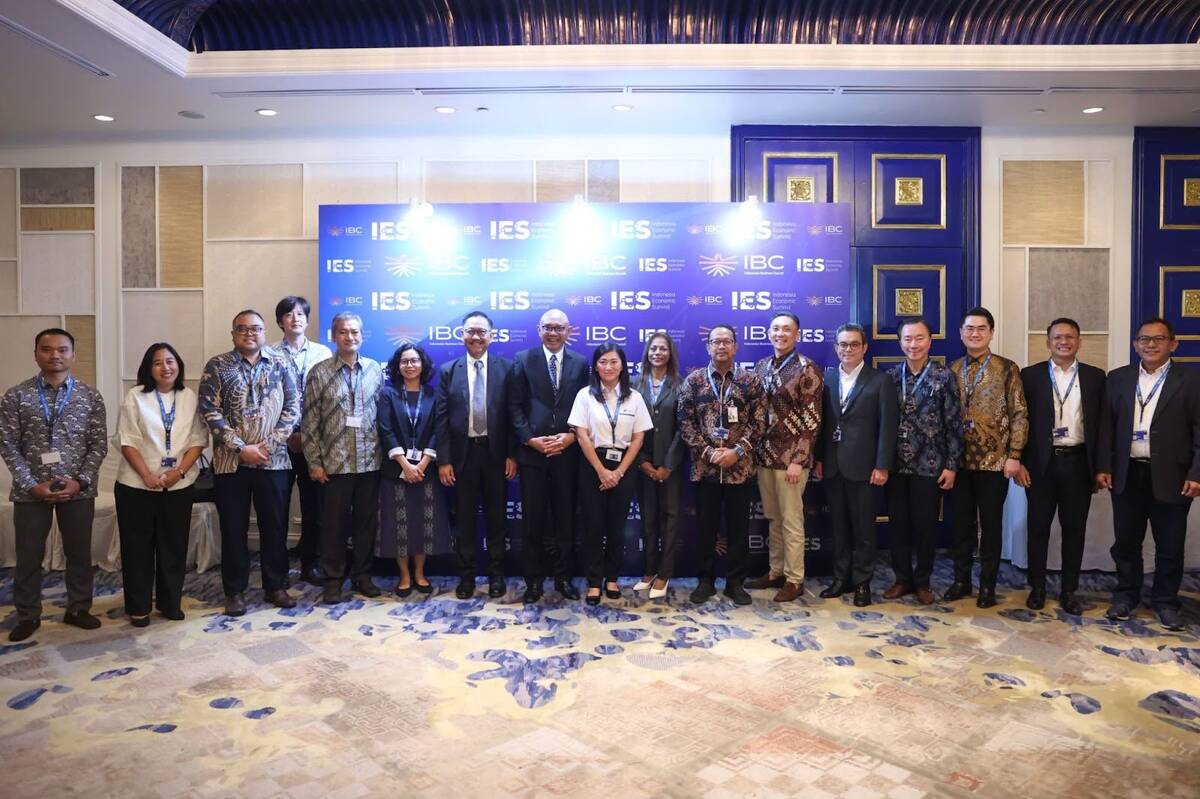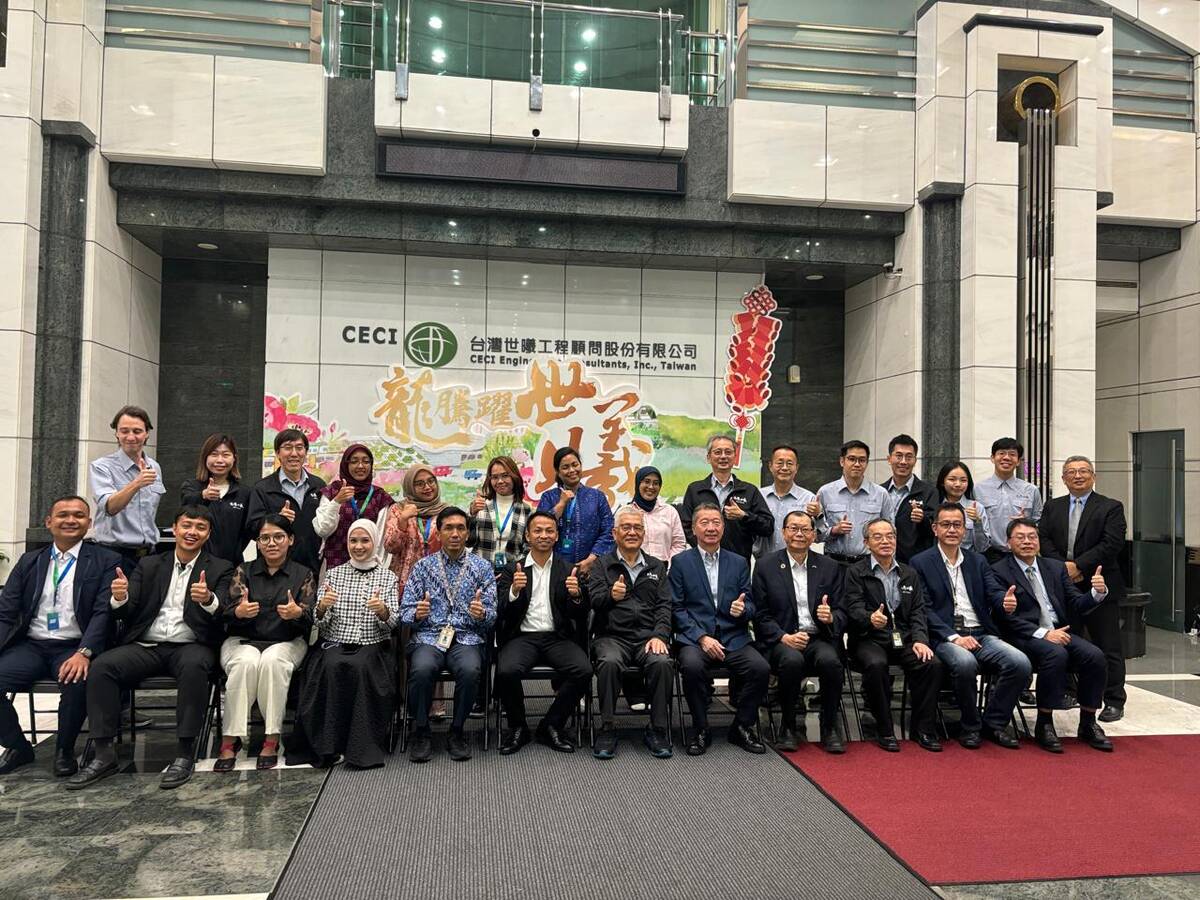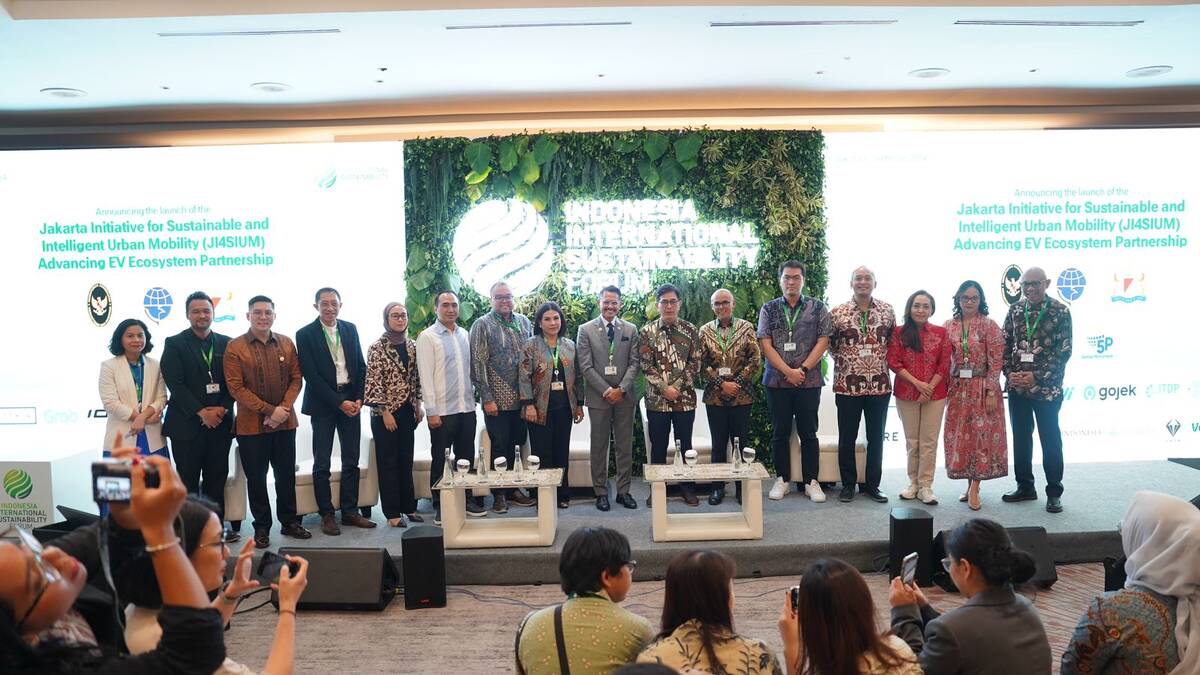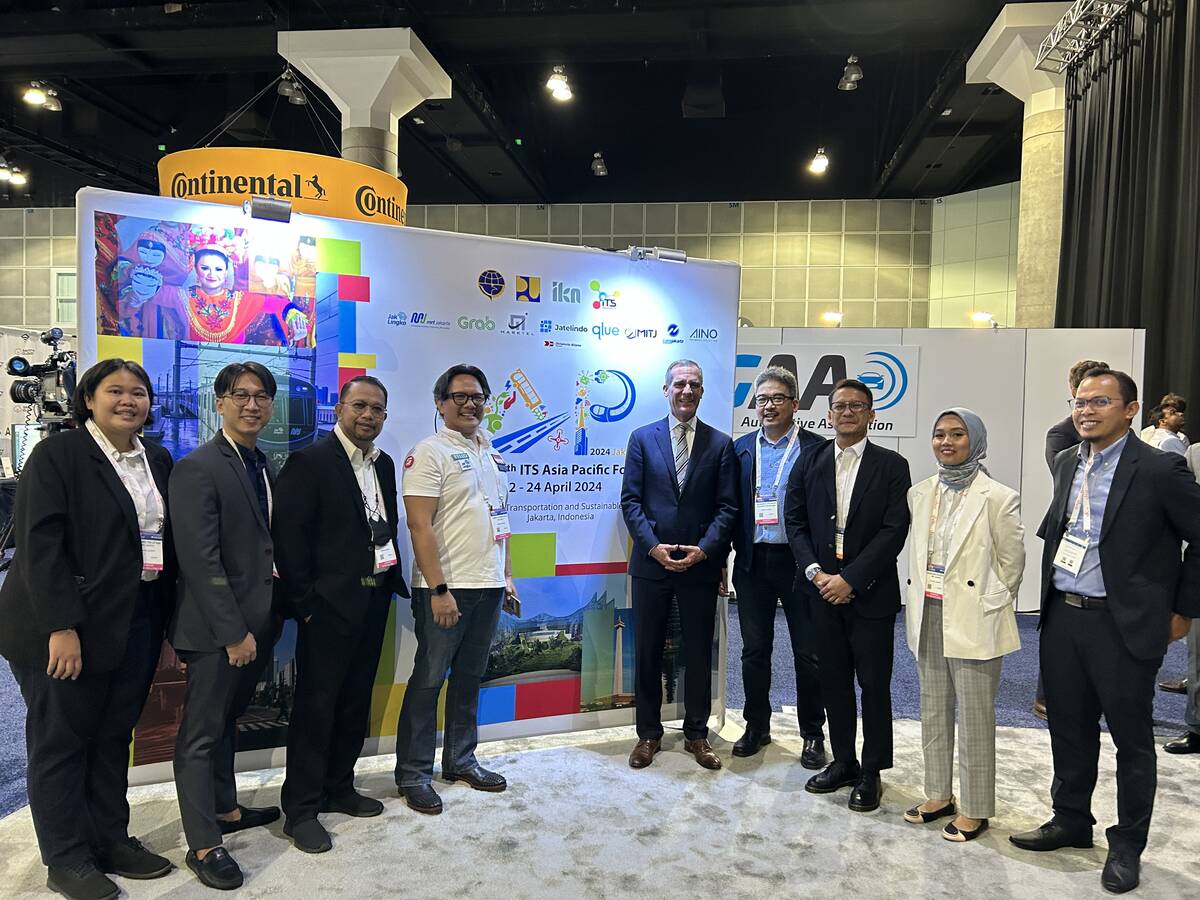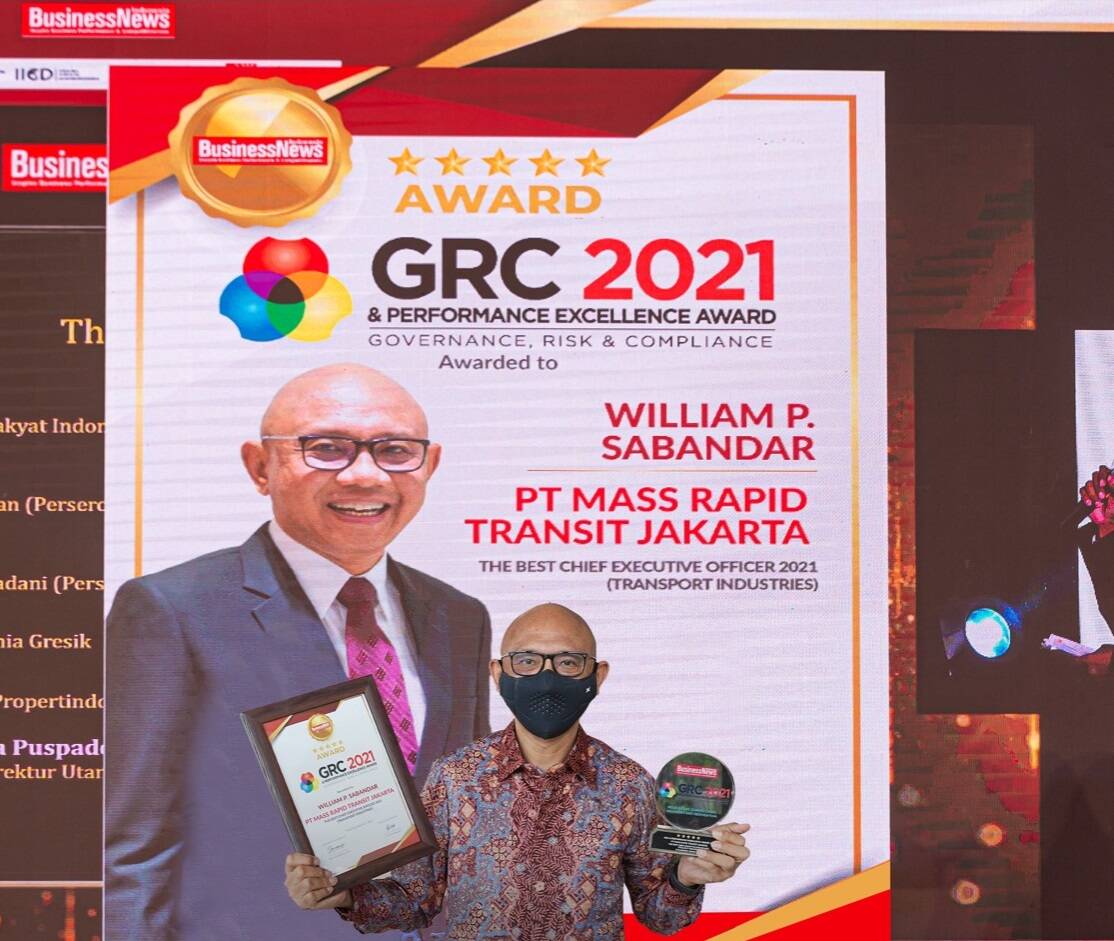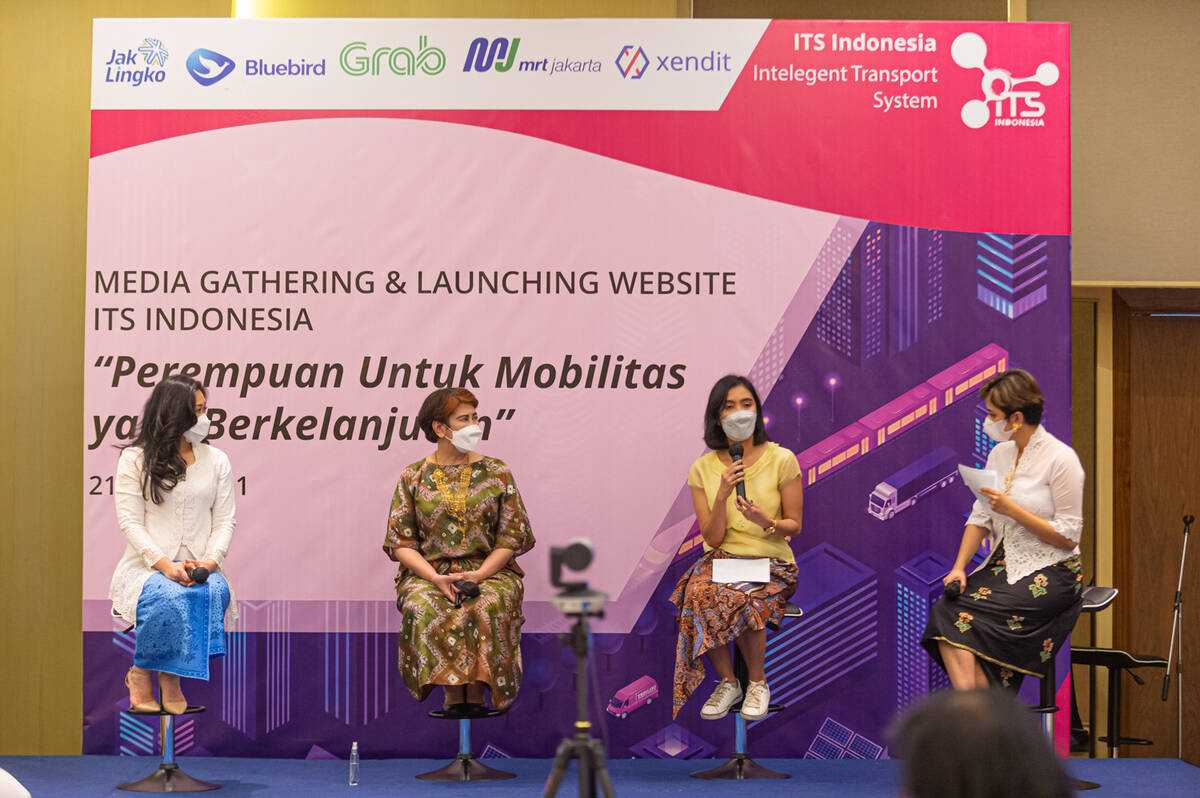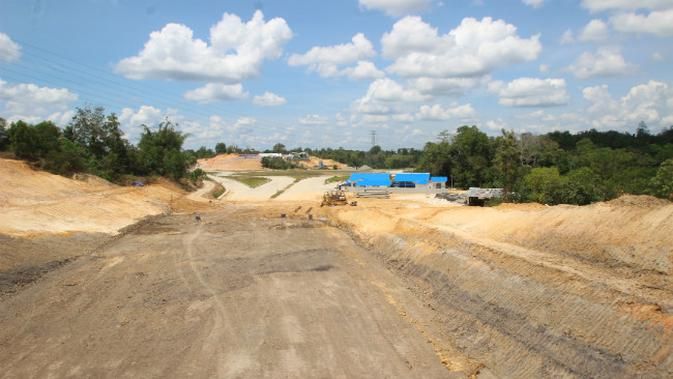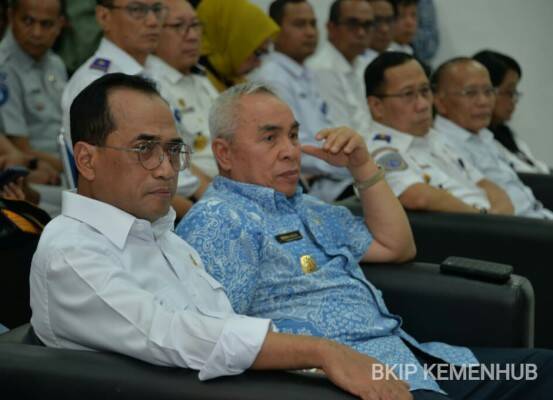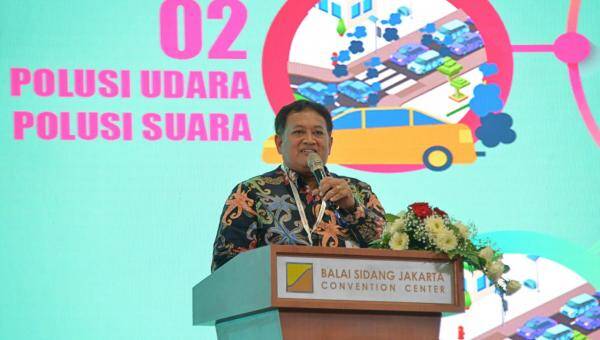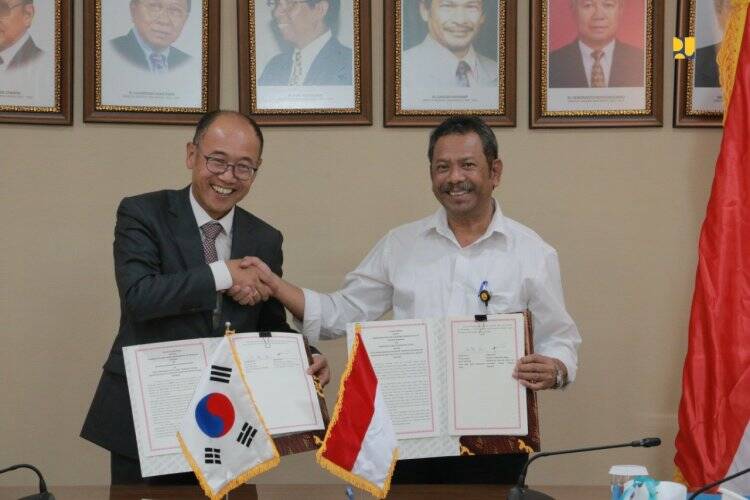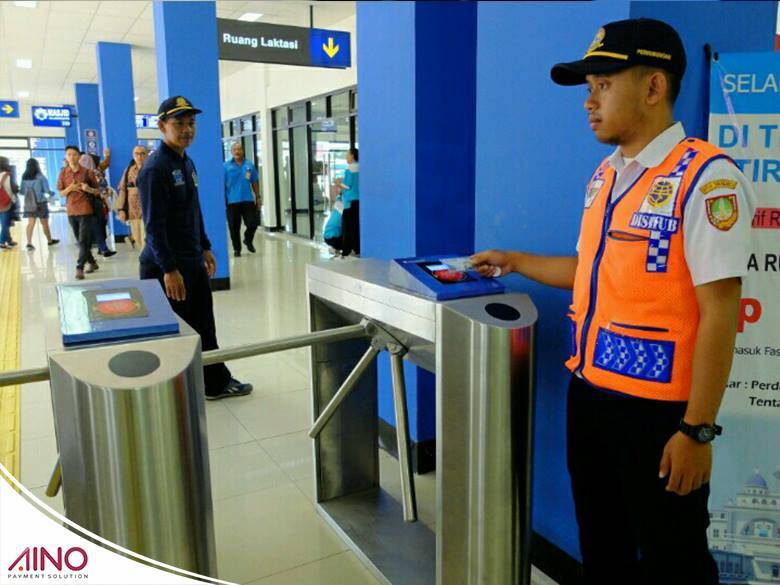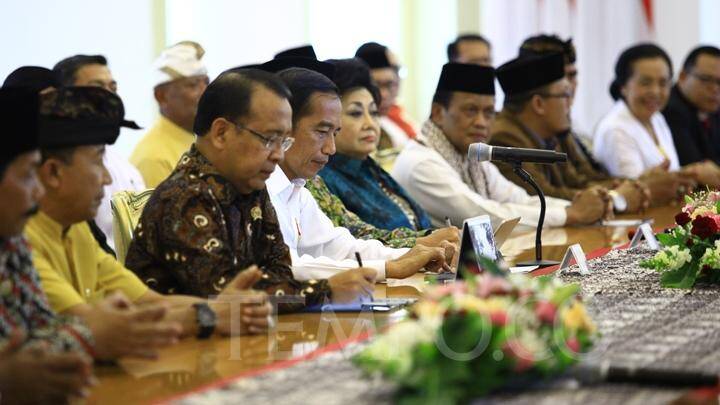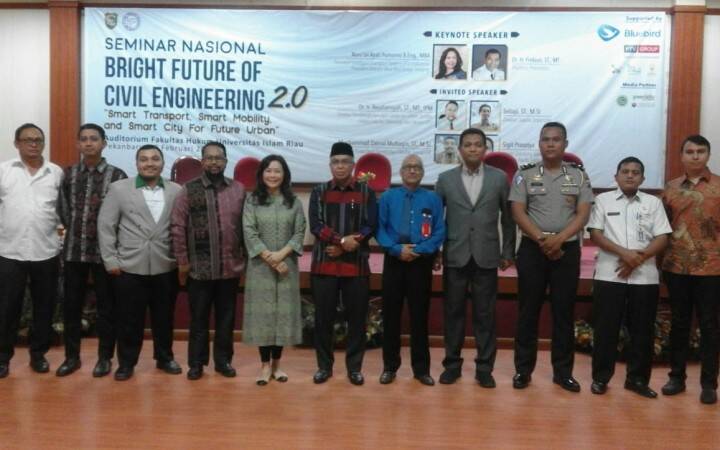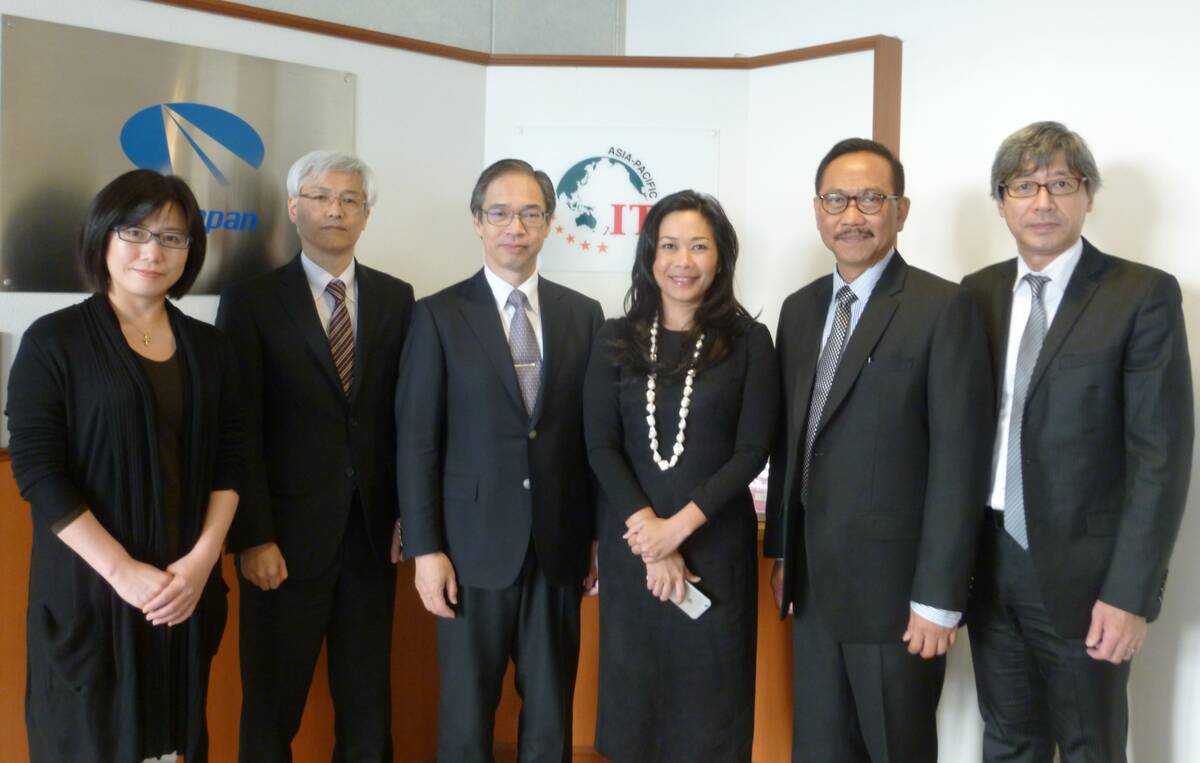Together Developing Electric Vehicles Ecosystem in Indonesia with KALISTA
Tuesday, 8 October 2024 - Nowadays, the use of electric vehicles (EV) has become a well-known solution to achieve the government's goal of realizing an emission-free urban area from vehicle exhaust gas. "Indonesia's government's ambitious target of producing 600,000 electric vehicles by 2030 marks a significant move towards sustainable transportation, it can reduce carbon emission of CO2 up to 160,000 tons per year" quoting the statement of Coordinating Minister for Maritime Affairs and Investment, Luhut Binsar Pandjaitan. This statement hoped that the transition target of fossil fuel vehicles to the electric vehicle ecosystem can be successfully achieved by Indonesia in the future. Electric vehicles have shown better performance than internal combustion engine vehicles due to the use of more efficient electric power and motor circuits. However, in reality, the EV ecosystem in Indonesia is still facing various challenges in its implementation.
From the results of the Indonesia Electric Vehicle Consumer Survey 2023 issued by PwC Indonesia, it is known that the current consumers in Indonesia prefers EVs as additional vehicles, not as main vehicles, with only 18-22% of Indonesian respondents willing to replace or convert their fossil fuel-powered cars (18%) and fossil fuel-powered motorcycles (22%) into electric vehicles. This is related to various factors, the main one being the concern of Indonesian consumers about the availability of charging infrastructure at charging stations, which is currently limited in Indonesia.
The development of the electric vehicle ecosystem in Indonesia faces various challenges that need to be addressed. One of the main obstacles is the limited infrastructure of charging stations, which makes consumers reluctant to switch from conventional fuel-powered vehicles to electric vehicles. In addition, the high cost of electric vehicles and their main components, especially batteries, are making the electric vehicles (EVs) less accessible and affordable for the public. Public awareness and acceptance of electric vehicles are also still in the early stages, with many potential buyers doubting the reliability, driving range, and performance of EVs compared to conventional cars. Supporting policies and incentives are also significant for the development of EVs in Indonesia. Overcoming these challenges requires joint efforts from the government, the private sector, and other stakeholders to build a sustainable EV ecosystem in Indonesia.
ITS Indonesia is committed to continuing to support the development of the electric vehicle (EV) ecosystem in Indonesia. In the discussion of "Collective Action to Address Air Pollution" organized by Systemiq and Bicara Udara on Friday, September 6, 2024 at the Indonesia International Sustainability Forum (ISF) 2024, Intelligent Transport Systems (ITS) Indonesia with the Indonesian Chamber of Commerce and Industry (KADIN) Indonesia, 5P Global, supported by the Coordinating Ministry for Maritime Affairs and Investment, and the Ministry of Transportation of the Republic of Indonesia, together with 17 partner companies initiated the commitment "Advancing EV Ecosystem Partnership" as part of the Jakarta Initiative for Sustainable and Intelligent Urban Mobility (JI4SIUM) which has been launched at the ITS Asia Pacific Forum 2024, May 2024. This commitment becomes one of the realizations of JI4SIUM to accelerate the development of the EV ecosystem in Indonesia (See more).
Through this collaborative effort, ITS Indonesia is committed to strengthening cross-sectoral cooperation in promoting the transition of electric vehicles. One important step is to increase awareness of the various challenges that exist, so that the problems that arise can be identified clearly and appropriate solutions can be formulated. Therefore, what are the solutions to overcome these challenges?
Understanding Challenges and Solutions Together with KALISTA
ITS Indonesia conducts discussions with KALISTA as one of the members to find out more about how KALISTA understands the challenges and creates solutions to accelerate the development of the EV (Electric Vehicle) ecosystem in Indonesia. As part of the Indika Energy Group to achieve Net Zero 2050, KALISTA introduces itself as a fleets-as-a-service (FaaS) company that presents innovative business models in the form of end-to-end solutions to make it easier for consumers to transition to environmentally friendly vehicles. KALISTA encourages the adoption of electric vehicles in the community with a holistic approach, providing comprehensive solutions ranging from planning, financing, operations to post-operations.
KALISTA sees that the level of awareness and interest of Indonesian consumers in electric vehicles needs to be improved. Globally, sales of electric vehicles had increased YoY (Year on Year) by 35% in 2023 compared to the previous year. Unfortunately, Indonesia did not show a better level of adoption compared to other ASEAN countries. The penetration rate of EVs in Indonesia is still very small (0.2%), even compared to other ASEAN countries such as Thailand (1.1%). This is due to several factors, ranging from the higher price of electric vehicles compared to conventional vehicles, the limited supporting infrastructure for electric vehicles, and public concerns about higher maintenance costs in the long term related to battery replacement.
Although KALISTA is new to the commercial vehicle industry, KALISTA takes strategic steps with a unique business model that not only offers electric vehicle rentals, but also provides comprehensive "end-to-end" solutions. This service includes consulting and planning business operations of consumers, such as track terrain, distance traveled, infrastructure availability, and capacity needed. Based on this data, KALISTA helps determine the right vehicle specifications and configurations, including charging stations and other operational needs. Incorrect configuration can lead to cost overruns, decreased productivity, and a less than satisfactory user experience.
From a financial perspective, KALISTA offers optimal rental solutions according to consumer needs. During operations, consumers can focus on management and services, while fleet maintenance is KALISTA's responsibility. Real-time monitoring systems and 24-hour services implemented by KALISTA ensure that unit problems can be handled quickly and efficiently.
Another interesting benefit is asset management, where consumers don't have to worry about residual value risks when the unit's usage period ends, as the assets remain owned by KALISTA.
In its journey, collaboration is the main key in KALISTA's strategy to accelerate the use of EV in Indonesia. KALISTA collaborates with various commercial vehicle brands to provide a variety of vehicle types according to consumer needs, while not limiting their product. KALISTA also works with one of the largest Public Electric Vehicle Charging Station (SPKLU) operators in Indonesia to present more than 300 SPKLU throughout Java Island.
In realizing economical electric vehicles, efficient production, technology innovation, government support, and supporting scale of economy are also needed. One of the initiatives that can be done is to provide support for collaboration between research institutions and manufacturers that focus on developing alternative materials for battery production, so that shortages in the supply of battery raw material can be avoided. In addition, the price of EVs can also be reduced through fiscal support provided by the government such as tax reductions, or non-fiscal policies such as odd-even or the application of low emission zones to encourage consumers to transition to electric vehicles due to the advantages and ease offered.
Written by: Mikhael Stefanus Filemon Simatupang
Editor: Maura Aniasa Rinjani
Find more:
KALISTA
Website: kalista.co.id
Instagram: https://www.instagram.com/
YouTube: www.youtube.com/@
References:
Yong, J. Y., Ramachandaramurthy, V. K., Tan, K. M., & Mithulananthan, N. (2015). A review on the state-of-the-art technologies of electric vehicle, its impacts and prospects. Renewable and Sustainable Energy Reviews, 49, 365-385.
Kalista Indonesia. (n.d.). Diambil dari https://www.kalista.co.id/id/
PwC Indonesia. (2023). Indonesia Electric Vehicle Consumer Survey 2023. Diambil dari https://www.pwc.com/id/en/publications/automotive/indonesia-electric-vehicle-consumer-survey-2023.pdf
EV Indonesia. (n.d.). Diambil dari https://www.ev-indonesia.net/
Blue Bird Group. (2024). Presentation Material for Jakarta Initiative for Sustainable and Intelligent Urban Mobility Webinar.
Millennium Challenge Account Indonesia (MCA) II. (2024). Presentation Material for Jakarta Initiative for Sustainable and Intelligent Urban Mobility Webinar



